"The silent epidemic"
Sleep is probably the last thing on many travelers’ minds when they’re on vacation after spending a lot of money on transportation and accommodations. With any trip , the traveler’s instinct is to make the most of it, from sightseeing, to eating, to physical activity.
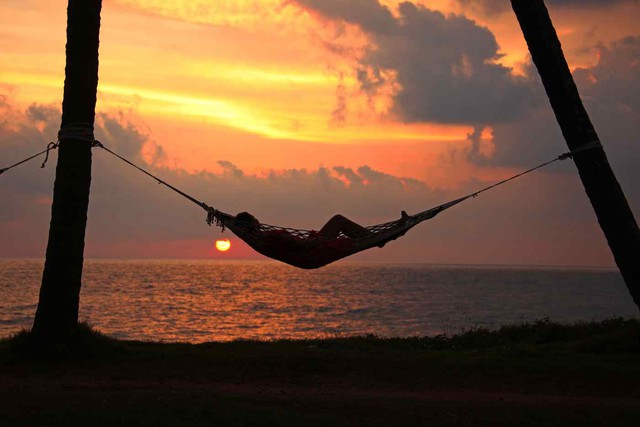
Travelers tend to turn to sleep tourism to reset their circadian rhythms. © Getty Image
However, for sleep-deprived people, going to a place where sleep patterns can be reset is particularly appealing because sleep is one of the reasons they choose to travel.
According to a December 2023 report by the useful online flight booking platform Skyscanner, one-third of respondents to a survey on the topic of "motivation to travel" said the first thing they want to do on vacation is sleep.
A report by HTF Market Intelligence, a market research firm based in Pune, India, also highlights that sleep-in is becoming an integral part of the health and wellness travel portfolio, a segment poised to grow at a healthy 8% annually and be worth $400 billion by 2028.
“The problem that many people are facing globally is insufficient sleep, which is considered a serious public health impact,” the HTF Market Intelligence report noted.
A 2019 study by Vijay Kumar Chattu of the University of the West Indies and colleagues at the University of Pittsburgh and elsewhere described sleep deprivation as a “public health problem,” an epidemic that is often under-recognized, under-reported, and has a high economic cost.
“Inadequate sleep leads to inefficient functioning of body systems, leading to increased rates of cardiovascular disease, diabetes risk, obesity, cognitive dysfunction, motor vehicle crashes, and increased workplace accidents,” the study noted.
That same year, another global survey of more than 11,000 people in 12 countries, sponsored by Philips, a Netherlands-based corporation, noted that "44% of adults surveyed globally admitted that their sleep had gotten worse over the past five years" and that "8 in 10 adults worldwide want to improve their sleep quality."
World Sleep Day
For more than a decade before these reports came out, the US-based World Sleep Society had been announcing World Sleep Day — usually the Friday before the vernal equinox, the start of spring in the Northern Hemisphere and fall in the Southern Hemisphere.
This year, World Sleep Day is celebrated on March 15 to raise awareness about the importance of getting enough sleep. Looking ahead to the next World Sleep Day in March 2025, the world is calling on sleep health advocates, including clinics and governments, to raise awareness of sleep health around the world and “organize awareness-raising activities in local communities.”
Lack of sleep also has serious consequences beyond health. A 2019 study by the US research group - RAND found that countries around the world are facing increasing economic losses as productivity is affected by lack of sleep.
The study also estimated the economic cost of sleep deprivation at $411 billion per year in the United States, $138 billion in Japan, $60 billion in Germany and the United Kingdom, and $22 billion in Canada.
The problem appears to have worsened post-COVID-19. A study published in April 2023 by the Cleveland Clinic in the US noted that 41% of patients had “long Covid syndrome,” which causes moderate to severe sleep disturbances. These symptoms can take the form of daytime sleepiness, frequent awakenings during sleep, and feeling unrefreshed in the morning.
Sleep Travel Approaches Effective Therapies
One consequence of the trend toward less satisfying sleep is that people are looking to get out of their daily environments to reset their circadian rhythms. Caught up in busy jobs that require staying indoors, some people are turning to natural environments like forests, mountains, and beaches.
Sindhu Gangola, who owns and operates the Grand Oak Manor, a resort in the northern Indian state of Uttarakhand, says the resort, which overlooks the Himalayas and is surrounded by oak and rhododendron forests, requires a hike but works wonders for sleep.
According to local tourism experts, Pangong Tso - a sprawling alpine lake with brilliant blue waters in India's Ladakh region, also has a significant effect.
“Visitors have said that the lake is very soothing. Even though they sometimes stay up to watch the beautiful night sky and stars, they still get a good night’s sleep and feel refreshed when they wake up in the morning,” said Bhawna Verma of Aspire Ladakh, a sustainable hospitality company.
Others prefer a more interventionist approach to sleep, ranging from “sleep menus” like pillows, mattresses, and rituals to more elaborate multi-day packages that involve sleep specialists, diets, spa programs, or cocoon-like rocking chairs.
Even regular hotels offer sleep-enhancing gadgets for travelers, from simple masks, blackout curtains, and dimming lights to pressure-regulating mattresses powered by artificial intelligence, lullaby music libraries, white noise machines, and sleep meditation.
In many cases, hotels also offer very attractive sleep aids, using location as a backdrop to further enhance the guest experience.
For example, the Four Seasons Bali Resort at Sayan offers a Sacred Nap experience, which incorporates hammocks that lull guests to sleep to the sounds of nature.
Or the Shangri-La Hotel in Singapore offers a "Better Sleep" program that combines spa treatments and in-room amenities like scented pillow mists, wellness baths, and a menu of dishes made with nutritious ingredients.
Meanwhile, in Phuket, Thailand, the Anantara Mai Kao-Phuket Villas resort is also attracting attention with its sleep recovery program that starts with a sleep test and sleep doctor services, followed by a program that combines spa and wellness services such as movement workshops and music therapy.
In the northern Indian state of Uttarakhand, the Ananda Himalayan resort is the perfect example of combining nature and nurturing sleep for guests.
Set amid dense forest, the resort's stunning views of snow-capped peaks are central to its sleep-enhancing program, according to Wellness Center Director Geetika Sharma.
“The approach is carefully individualized because the cause of sleep problems will vary from person to person. Diet therapy includes herbal treatments tailored to the individual’s body and mind, combined with herbal sleep aids such as chamomile, nutmeg, cardamom and saffron for a good night’s sleep,” Sharma added.
As part of the program, Ananda now offers “emotional healing therapies developed by leading experts, drawing from the fields of clinical psychology, energy healing, hypnosis and psychotherapy,” according to Sharma.
Traditional yoga techniques such as Antar Mouna and yoga nidra are also used along with lifestyle modifications, diet, and other therapies.
Here are the best sleep destinations in Asia according to Nikkei Asia:
Koh Samui (Thailand) and Bali (Indonesia)
Beach destinations with breathtaking views and serenity set the scene for a number of sleep-focused resorts with specialized programs. In addition to personalized treatment plans, these destinations offer a variety of teas, baths, aromatherapy and other therapies, including restorative yoga.
Hoi An, Vietnam
A riverside town with a rich history and a network of small streets lined with beautiful buildings and heritage architecture, Hoi An has a tranquil atmosphere that slows things down and inspires mindfulness.
Long walks or long boat rides on the river are sure to be relaxing and rejuvenating.
Uttarakhand and Ladakh (India)
Resorts here offer soothing views of the towering Himalayas, with snow-capped peaks or snow-covered slopes (depending on the season), along with fresh mountain air rich in terpenes (aromatic compounds that give plants their distinctive scent). This natural aromatherapy is a great sleep inducer.
Milaidhoo Island, Maldives
The Maldives’ stunning beach locations are ideal for tranquility, but one resort has taken it a step further. At Milaidhoo Maldives, sleeping under the stars with the sound of crashing waves and company is a treat. Dolphin watching and spectacular sunsets and sunrises add to the experience./.
Source: https://toquoc.vn/du-lich-ngu-len-ngoi-viet-nam-la-mot-trong-nhung-diem-den-hap-dan-nhat-o-chau-a-20240612114838245.htm



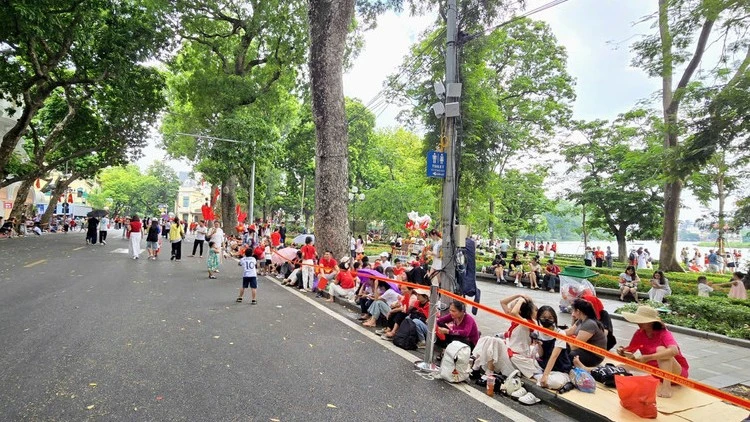

![[Photo] Phu Quoc: Propagating IUU prevention and control to the people](https://vstatic.vietnam.vn/vietnam/resource/IMAGE/2025/8/24/f32e51cca8bf4ebc9899accf59353d90)
![[Photo] Party and State leaders meet with representatives of all walks of life](https://vstatic.vietnam.vn/vietnam/resource/IMAGE/2025/8/24/66adc175d6ec402d90093f0a6764225b)
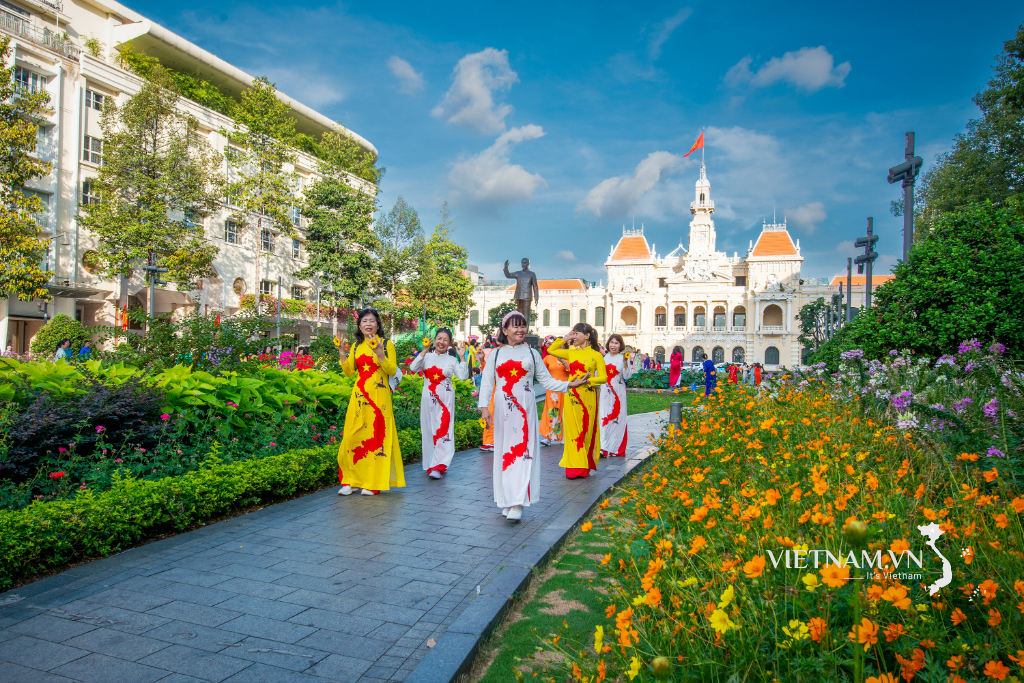

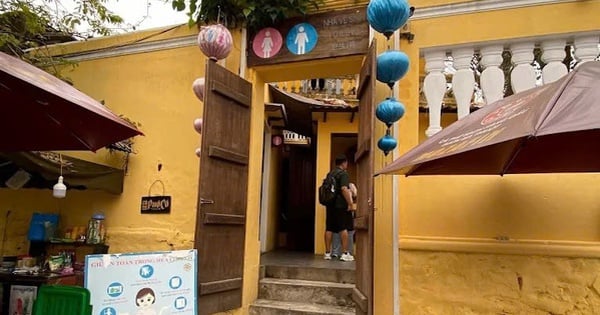





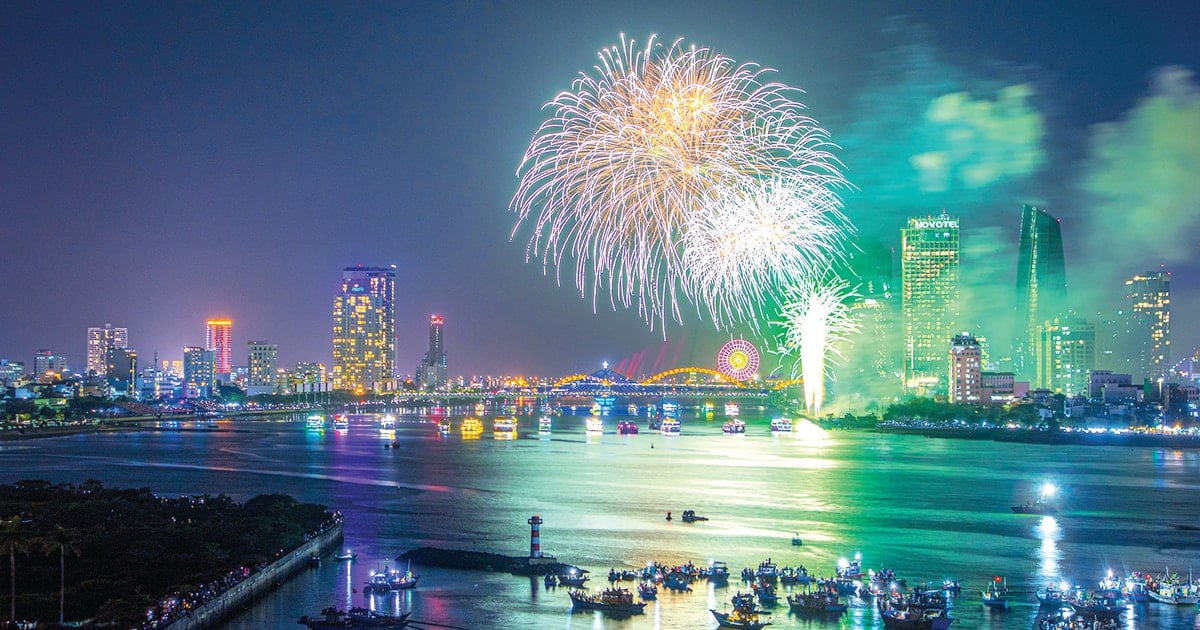

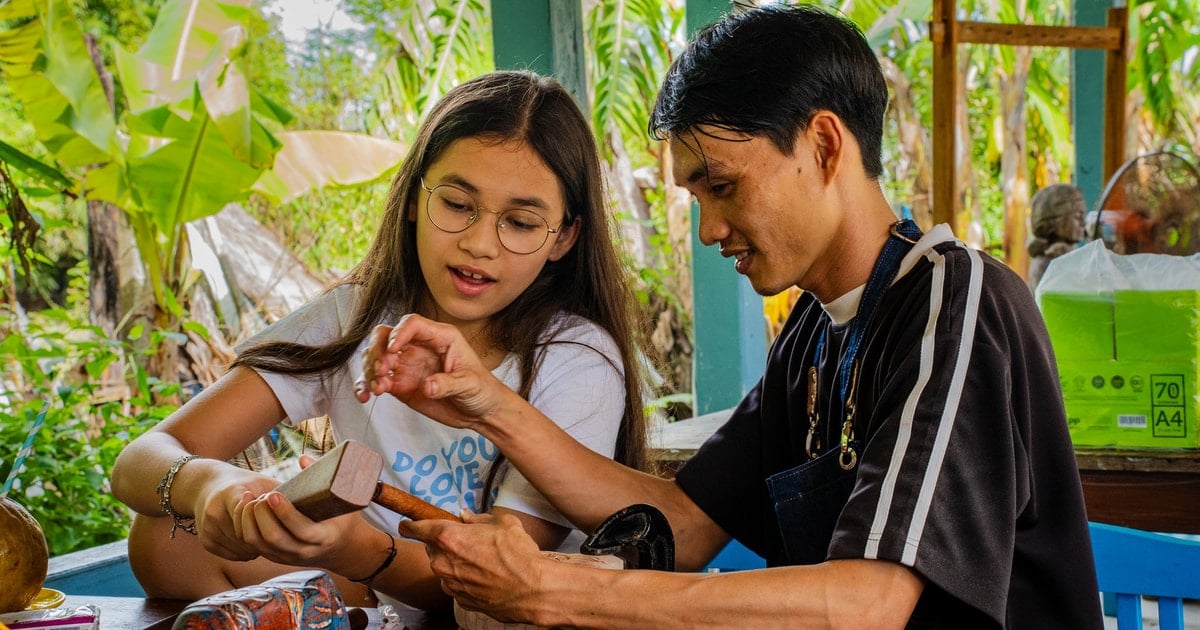
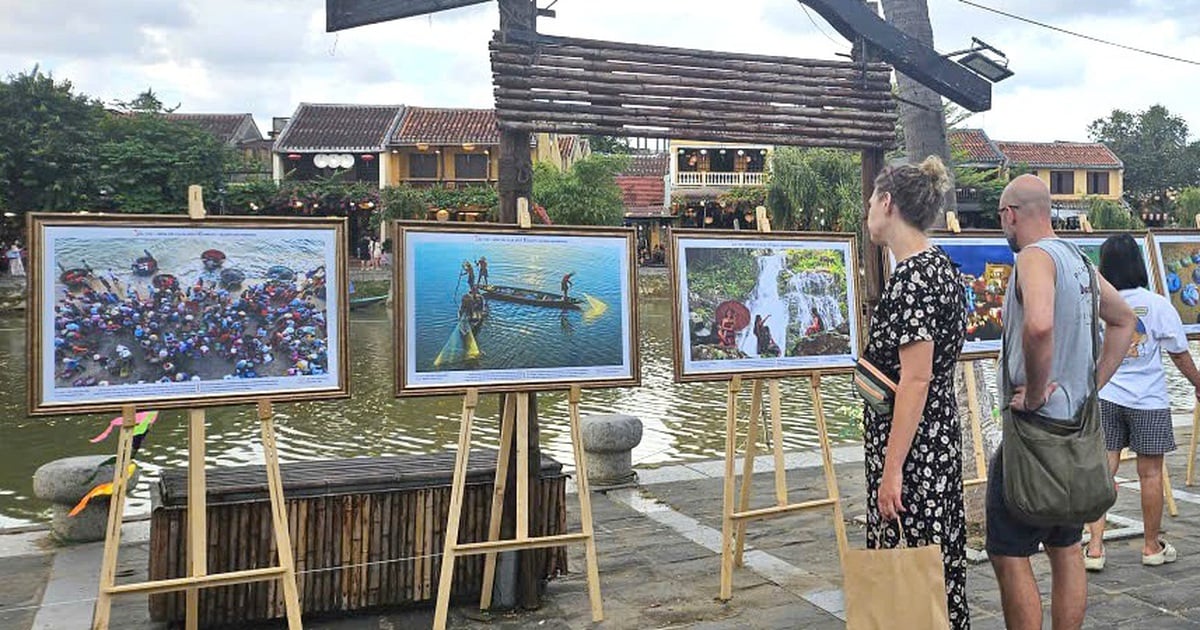




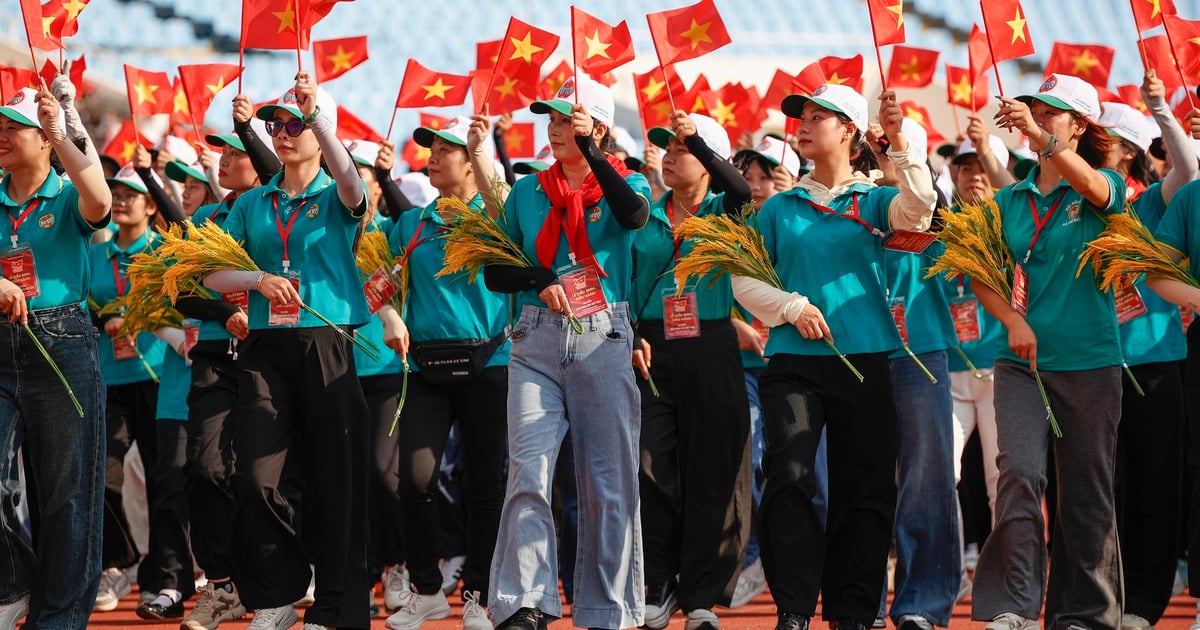

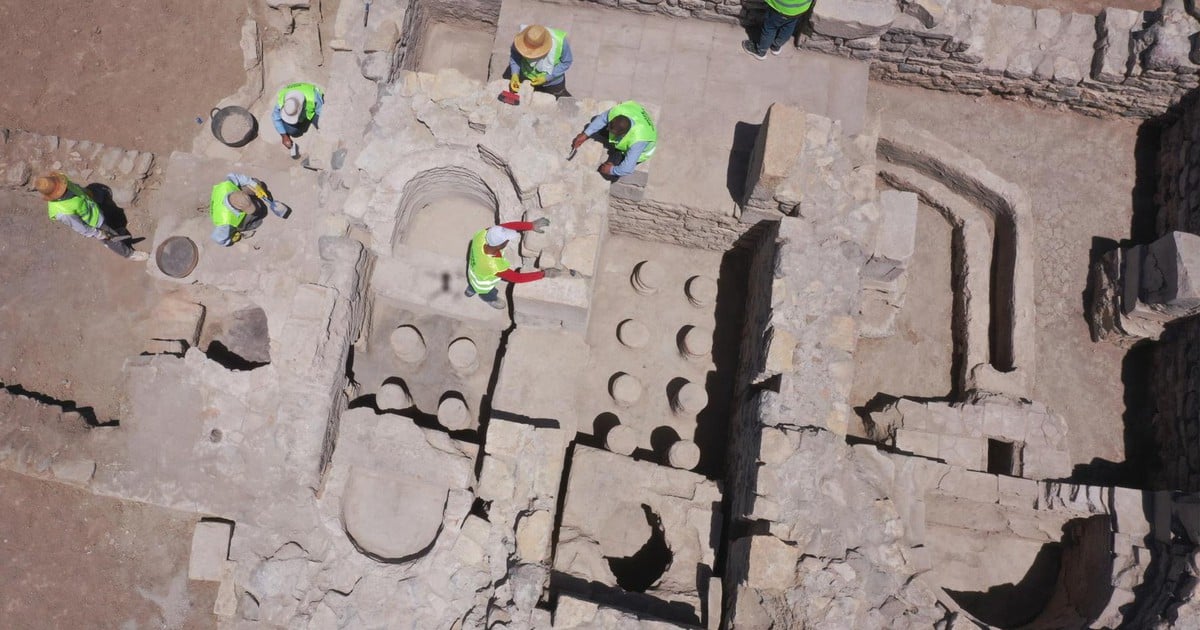
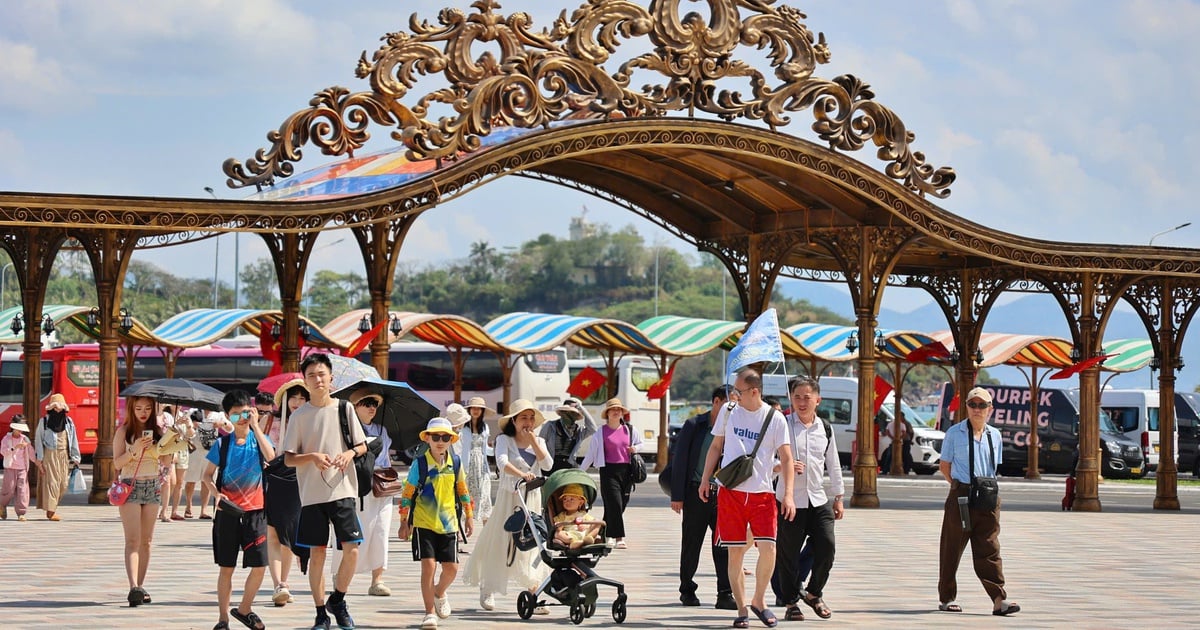









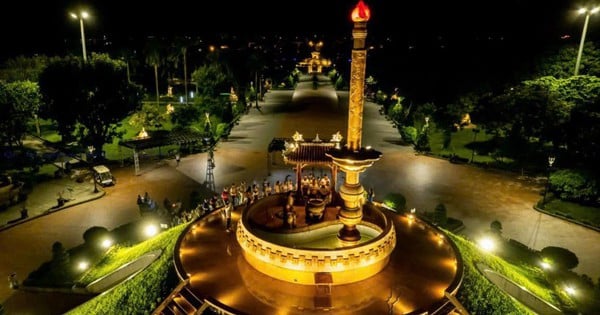






























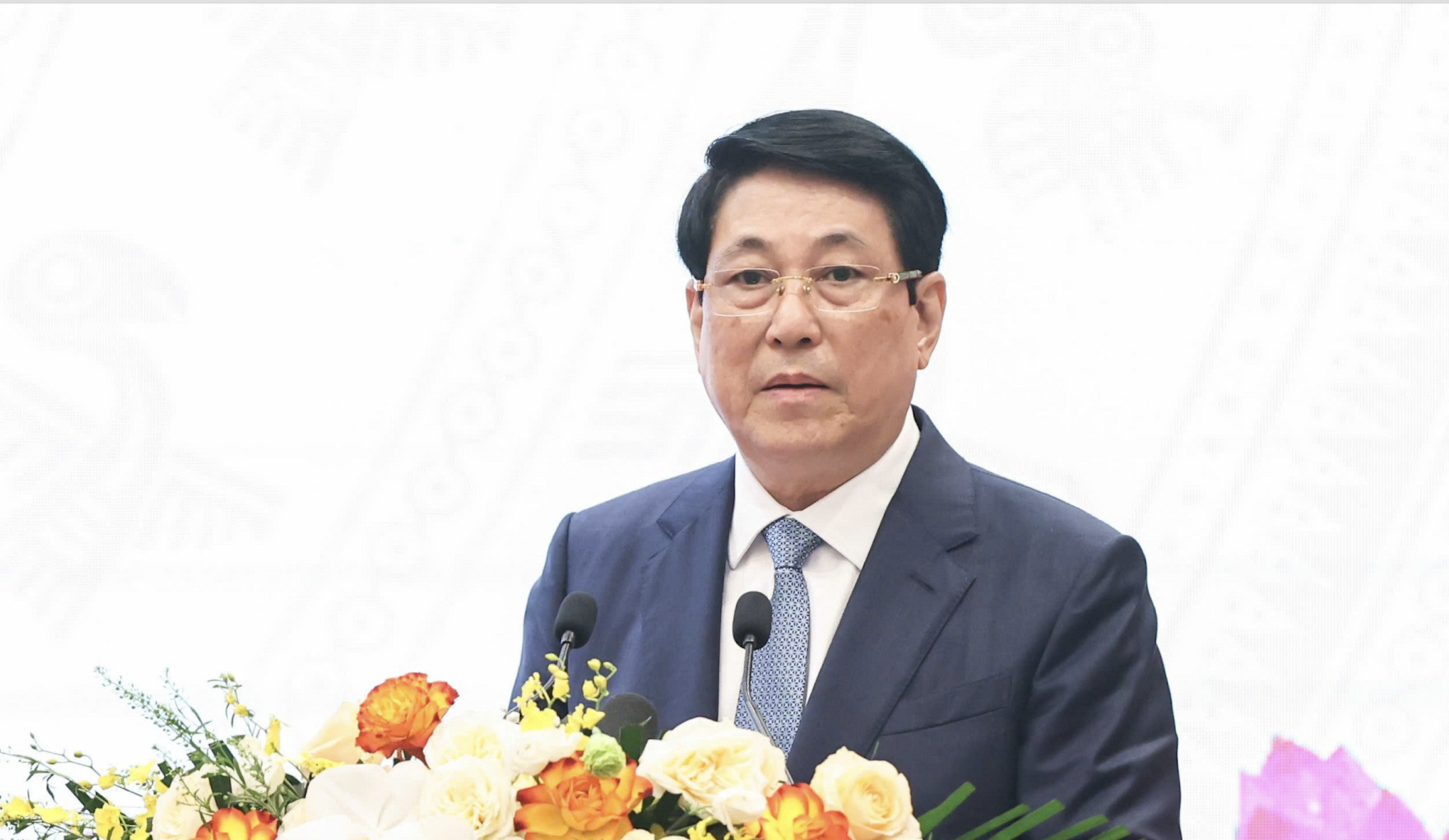


















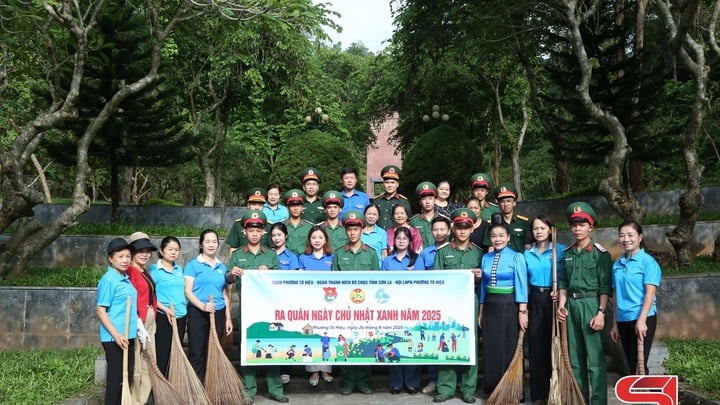
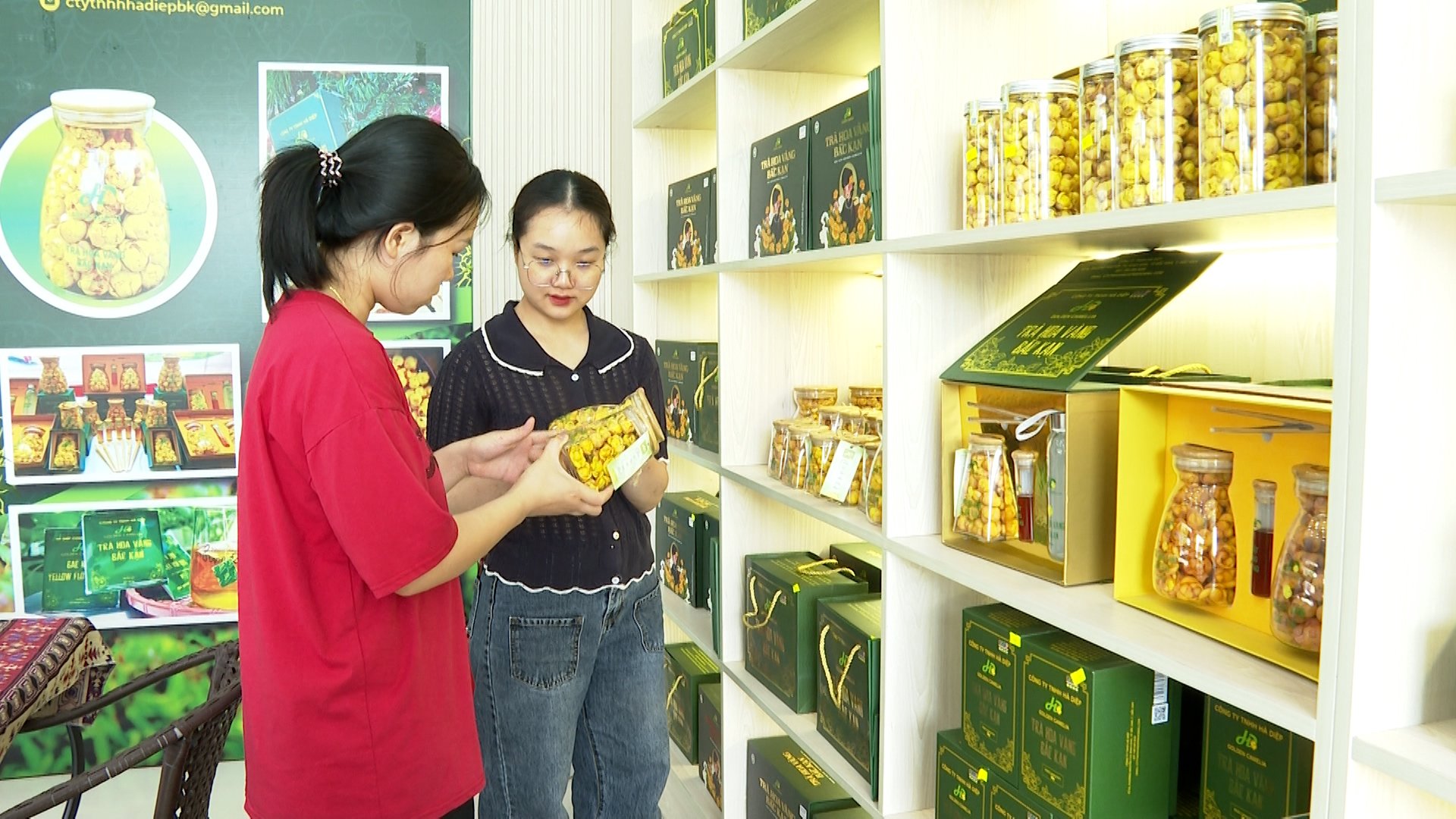





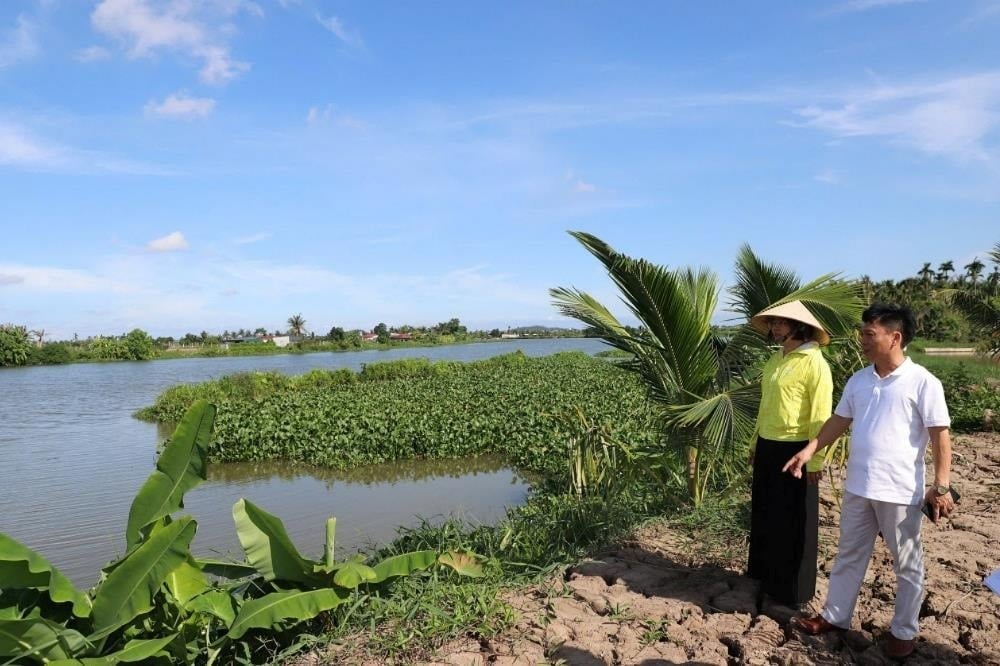
















Comment (0)